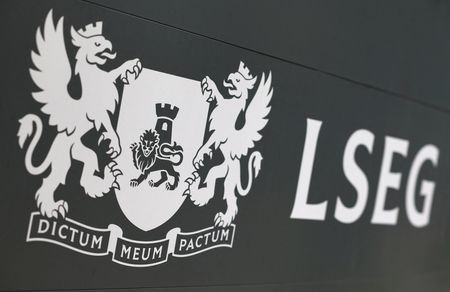ROME (Reuters) -The Italian cabinet approved on Tuesday a decree to curb costly incentives for home improvements, after the country’s 2023 budget deficit far overshot the official Treasury goal because of the initiative.
“We are finally ending the excessively generous measures that have had a devastating impact on public finances,” Economy Minister Giancarlo Giorgetti told reporters after the cabinet.
Last year the deficit came in at 7.2% of GDP, down from an upwardly revised 8.6% in 2022 but above the official 5.3% goal.
Under several incentive schemes, Italy allowed homeowners to deduct the cost of building work from their taxes over four to 10 years or sell the tax credit.
The most generous programme, introduced in 2020, covered 110% of the expense of certain energy-efficiency improvements.
The so-called Superbonus was originally expected to cost 35 billion euros ($37.9 billion) over a 15-year period, but the Treasury recently acknowledged it had already forked out almost 150 billion euros during the first four years alone.
Among several measures, Tuesday’s decree definitely blocked the sale of tax credits stemming from the works, Giorgetti said, adding that the exact impact of the Superbonus on Italy’s budget has yet to be determined.
Rome will update a raft of economic projections by April 10 in the Treasury’s Document of Economy and Finance (DEF).
While the 2023 deficit-to-GDP ratio could still be upwardly revised, Giorgetti last week said the government was confident it would keep this year’s fiscal gap broadly in line with the 4.3% goal set in September.
($1 = 0.9233 euros)
(Reporting by Giuseppe Fonte: Editing by Crispian Balmer)










